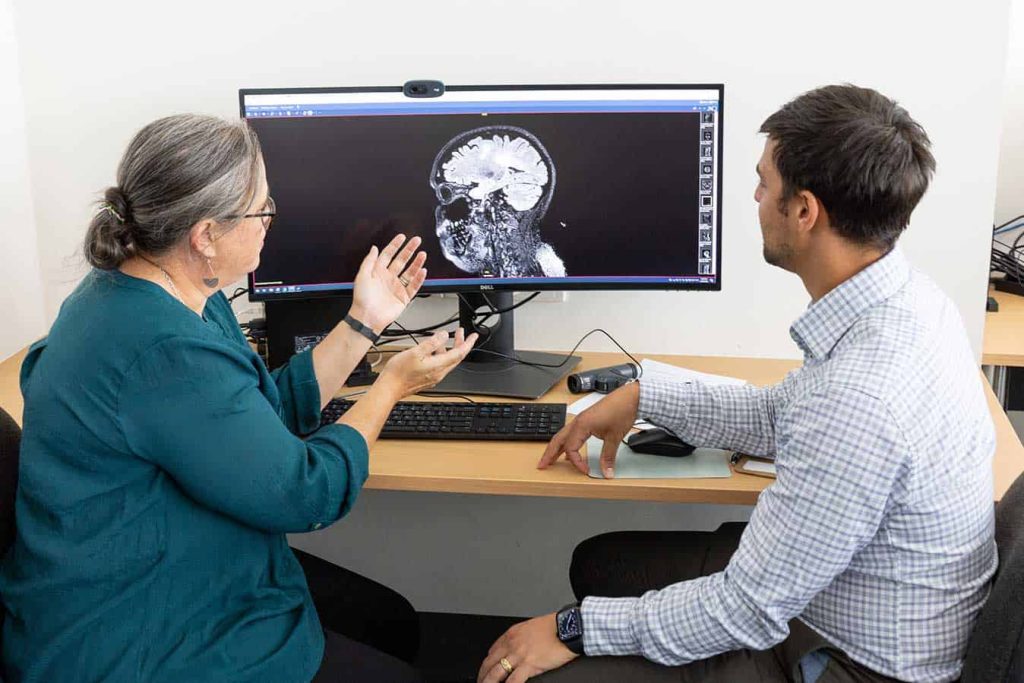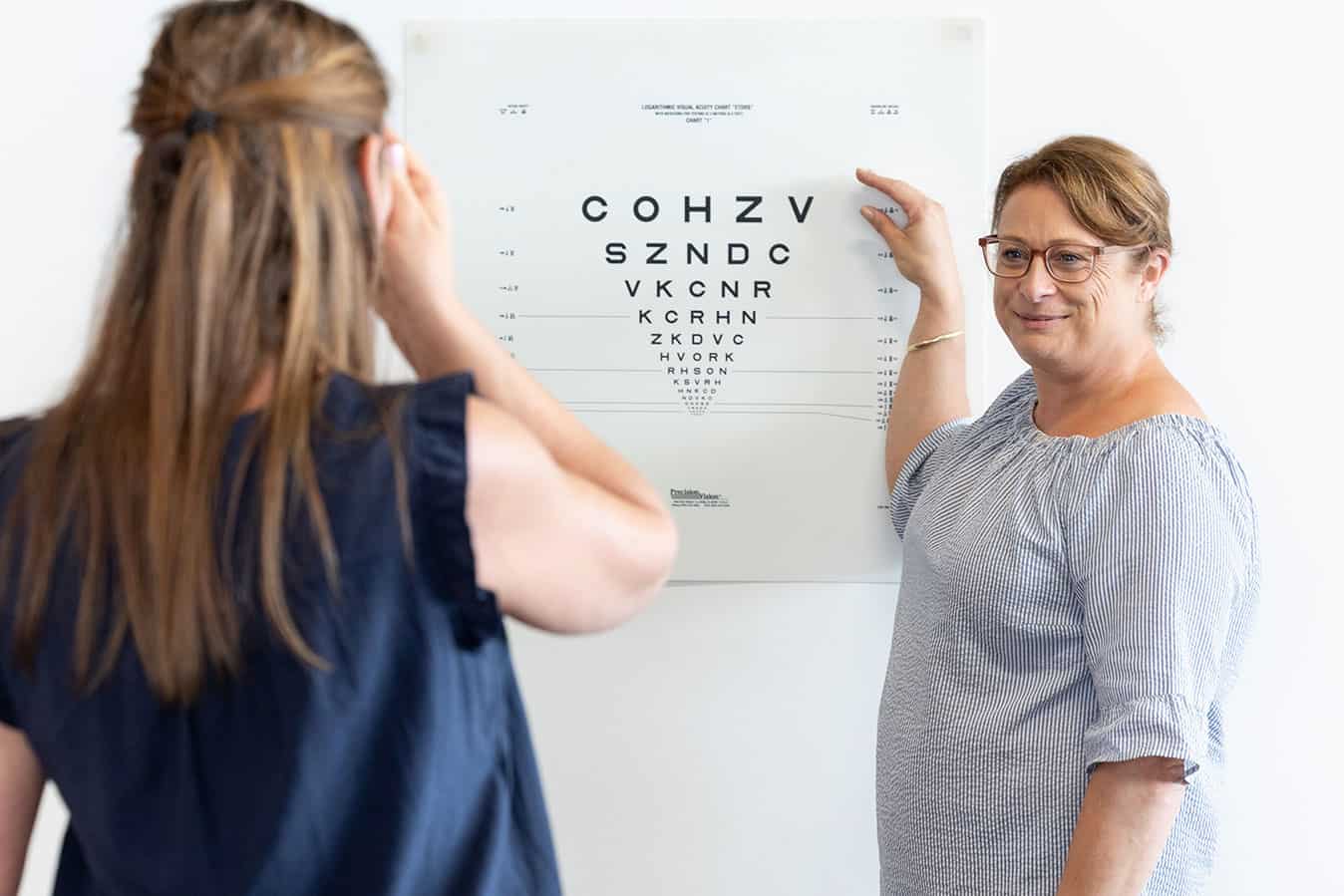One-third of people living with multiple sclerosis (MS) in Australia do not have access to vital specialist MS nursing care, a new report has revealed.
Peak advocacy body MS Australia earlier this week released its landmark MS Nurse Care in Australia report, which surveyed 1,417 people with MS to examine patterns of access to MS nurses and the difference they can make to health outcomes.
In Australia, Multiple Sclerosis Specialist Nurses support, educate and provide tailored advice and care to people living with MS, a chronic neurological condition that affects the central nervous system.
The report, conducted by the Menzies Institute for Medical Research, found 31.5% of Australians surveyed with MS, equivalent to 8,000 people, did not have access to an MS nurse, with the lack of care contributing to poorer health outcomes such as higher disability levels, faster disease progression, more severe symptoms, and greater levels of depression.
Leading reasons for MS patients not receiving nursing care included an MS nurse not being available where they live or at the neurological practice they visit; they didn’t’ know MS nurses existed; or that they believed they were not eligible to receive such care.
There is currently just 90 MS Nurses across Australia to care for the 25,600 people living with the condition, or one nurse for 284 patients. Nurses typically provide care across public hospitals, community providers and private neurologists.

The report found that access to specialist MS nurse care and management significantly improves health outcomes and quality of life, with direct benefits including lower disability levels, slower disease progression, and a reduction in emergency department visits, hospitalisations, and the need to see more costly health professionals such as GPs and neurologists.
Despite the value MS nurses bring, their numbers are on the decline in Australia. To improve access and outcomes, MS Australia is calling on all levels of government to prioritise nurse care and increase the workforce by 50 nurses. The boost would cost $5 million annually but lead to substantial improvements in health outcomes for people living with MS and slash the annual cost of current MS care by millions, the organisation argues.
“We are proud to share this critical report with the wider Australian community and ignite an important and overdue conversation about the significant role MS Nurses provide in the MS community and the urgent need for more support, attention and funds,” MS Australia President, Associate Professor Desmond Graham said.
“A $5 million annual investment from the Federal Government would provide significant support to the MS Nurse workforce, increase the quality of life for people living with MS and could also reduce the overall annual cost of MS care by $62.2 million.”
Overall, the report makes four key recommendations to improve access to MS Nurse care for patients:
- Raising awareness of MS nurses, their value and the supports and services they provide to people with MS and health practitioners.
- Assisting the existing MS Nurse workforce through increased training, including mentorship and preceptorship, and exploring opportunities to include education about MS nurses within undergraduate curriculums.
- Increasing the number of MS nurses through targeted advocacy and by securing funding.
- Increasing access to MS nurses by initiatives such as the expansion of telehealth services. This would require amendments to Medicare, which currently covers telehealth appointments with neurologists, but not MS nurses.
Belinda Bardsley, an MS nurse and the outgoing President of MS Nurses Australasia, said MS nurses provide expert care and support for patients, yet, there is still lack of awareness about the role and difference they can make.
“My colleagues and I have seen first-hand the important difference MS Nurse care makes to health outcomes,” she said.
“This report definitively shows the value of MS Nurses in the wider Australian context, as well as broader cost-saving benefits, as we keep people well and out of hospital leading productive, happy lives.”
Tasmanian-based MS advocate Lynda Hanlon, 56, who has lived with the condition for many years, said she felt fortunate to have had an MS nurse by her side throughout the journey.
“This has relieved my anxiety around relapses and minimised hospital admissions. Just knowing I can contact my nurse by phone, email or in person gives me a sense of security and support, especially since they have travelled my journey and understand,” she said.
Access the MS Nurse Care in Australia report here








